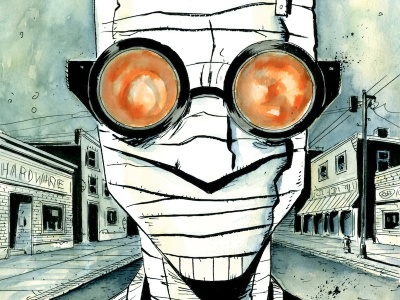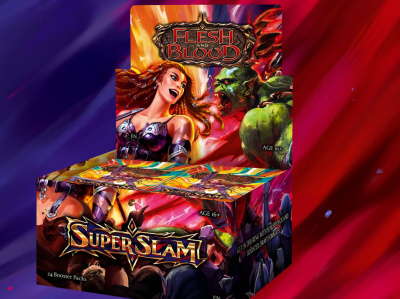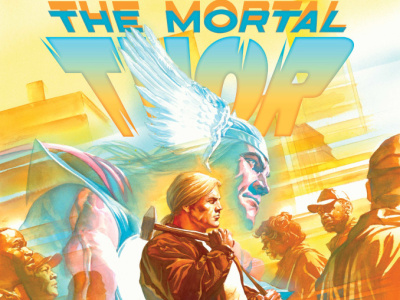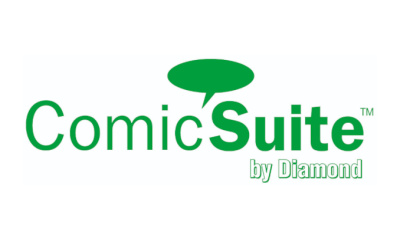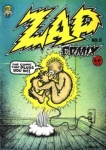
Alexander Street Press, which creates searchable databases in a number of categories for academic libraries, has launched Underground and Independent Comics, Comix, and Graphic Novels, a database that, though unfinished, includes 100,000 pages of material. ASP is offering academic libraries discounts if they acquire the database now rather than waiting until it is complete.
ASP’s Greg Urquhart, who is spearheading the project, explained to ICv2, “The chief obstacle to including a book in the collection is not in obtaining the material to scan, but in tracking down the rights. The main point of difference between the underground and independent creators whose works are included in this collection and mainstream comics is that the underground creators retained the rights to their works. So sometimes you will find a couple of pages missing in an anthology comic, because we haven’t been able to track down the creator. But we are filling in the gaps.
As currently constituted the database includes some material from the 1950s, notably Dr. Wertham’s Seduction of the Innocent as well as influential works by Harvey Kurtzman and Will Elder, whose satirical pieces printed in Mad Magazine and elsewhere were seminal influences on the underground movement. Underground comix form the core of the collection, but it also includes the works of lots of contemporary independent and alternative comics creators such as Dan Clowes and Peter Bagge, whose works were influenced by the undergrounds as well as many others who have published outside the realm of mainstream commercial comics. So far the database includes 100,000 pages with three quarters of those composed of primary sources (the actual comics) and about 25,000 pages of secondary sources including histories of the underground comix movement and a complete run of The Comics Journal.
The Underground and Independent Comics, Comix and Graphic Novels database is available for a fee to academic libraries. The libraries then make the database available to students and handle the authentication of requests. As ASP’s Urquhart explained to ICv2: “We don’t have a lot of bells and whistles, like panel zooms. But the indexing is where we are really different, because we have indexed so thoroughly and are so careful in assigning who did what. It’s the indexing that is our primary goal. The ability to cite and find material by specific people or about specific things is utmost on our priority list. That has primacy in our database. It’s designed for scholarly use. If you wanted to find out how minorities were depicted in these comics from 1965-1975 or find all the works in the collection by a single artist, that’s what this database is designed to do.”
Urquhart has assembled the collection with input from academics and librarians such as Karen Green and James Danky as well as from The Comics Journal editor and underground comix maven Gary Groth. Another key source was
James Danky, who is on the faculty of the School of Journalism and Mass Communications at the Unversity of Wisconsin-Madison, assessed the database from the perspective of a research librarian: “Libraries have often been less than friendly to comics, the librarians read them of course but as for finding their way into the stacks, well, it only happened on occasion. But now librarians have a chance to make up for the collections they did not build thanks to Alexander Street Press, and to do it in a way that is only possible with the high quality, web based collection that ASP has put together. The chance to have access to 100,000 pages of underground and newwave comics in ways that were unimaginable a short time ago should change the face of comics research completely.”



